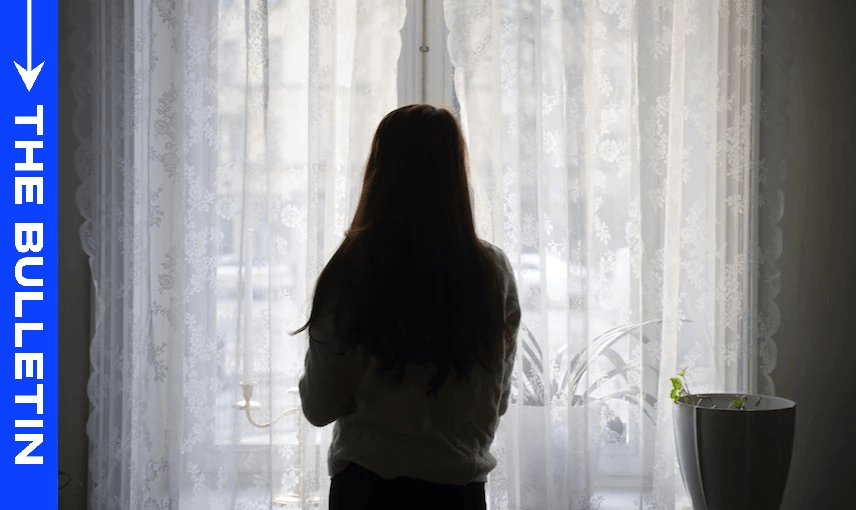National has called for penalties for theft and burglary in areas where a state of emergency is declared to double. The police commissioner says theft and burglaries are down but family harm is up 60%, writes Anna Rawhiti-Connell in this excerpt from The Bulletin, The Spinoff’s morning news round-up. To receive The Bulletin in full each weekday, sign up here.
National party wants penalties doubled for theft and burglary in areas under a state of emergency
When the prime minister said yesterday that we will build back better, safer and smarter after Cyclone Gabrielle he is referring to the need to ensure safety in the future — to protect people, livelihoods and infrastructure against further extreme weather events and climate change impacts. But attention has turned to safety in the present day aftermath of the cyclone, with reports of lawlessness in Hawke’s Bay and Gisborne that conjure up an image of a kind of Wild West. Yesterday, the National party issued a press release calling for a doubling of the sentences for those convicted of theft or burglary in an area that is under a state of emergency. The Act party want the military brought in.
60% increase in incidents of family harm
Chris Hipkins says there is “no state of lawlessness” in Hawke’s Bay. Police aren’t currently reporting an increase in crime over and above what they normally expect to deal with on a day-to-day basis. What police have confirmed is a 60% increase in incidents of family harm since Cyclone Gabrielle. Speaking to the AM Show yesterday morning, police commissioner Andrew Coster acknowledged that “crime reporting is harder than usual, but in terms of our numbers, it’s the family harm that is up at the moment.”
Women’s Refuge “not surprised”
Women’s Refuge were out in advance of yesterday’s confirmation last Thursday. A message from CEO Dr Ang Jury on Facebook read: “Our knowledge of what so often follows a natural disaster of this kind means that we also fear that many more women and children will potentially reach out for our services.” Jury also expressed “no surprise” after Coster’s confirmation and reiterated that the refuge’s services were operational and strongly encouraged anyone experiencing family violence to not hesitate to reach out through its website, social media, or crisis line.
Domestic violence increased by one-fifth after Christchurch quake
Jury isn’t surprised because there is years of evidence here and overseas that family harm increases after a disaster and that women are more vulnerable to violence and death as a result of disaster compared with men. A paper published in 2016 looked at the aftermath of the Christchurch earthquakes, Hurricane Katrina and the earthquake in Haiti. In the weeks following the Christchurch earthquake, police reported that domestic violence had increased by one-fifth. In the wake of the floods in Australia last year, Queensland domestic and family violence services reported a surge in the number of calls for help. This article clearly and succinctly outlines why this happens – stress, loss, pre-existing financial vulnerability, increased drug and alcohol use and displacement all play a role. A recent Washington Post report highlighted the connection between extreme weather events and escalating threats against women and girls around the world. In an era of climate change adaptation, it lends broader meaning to the idea of “building back safer”.


